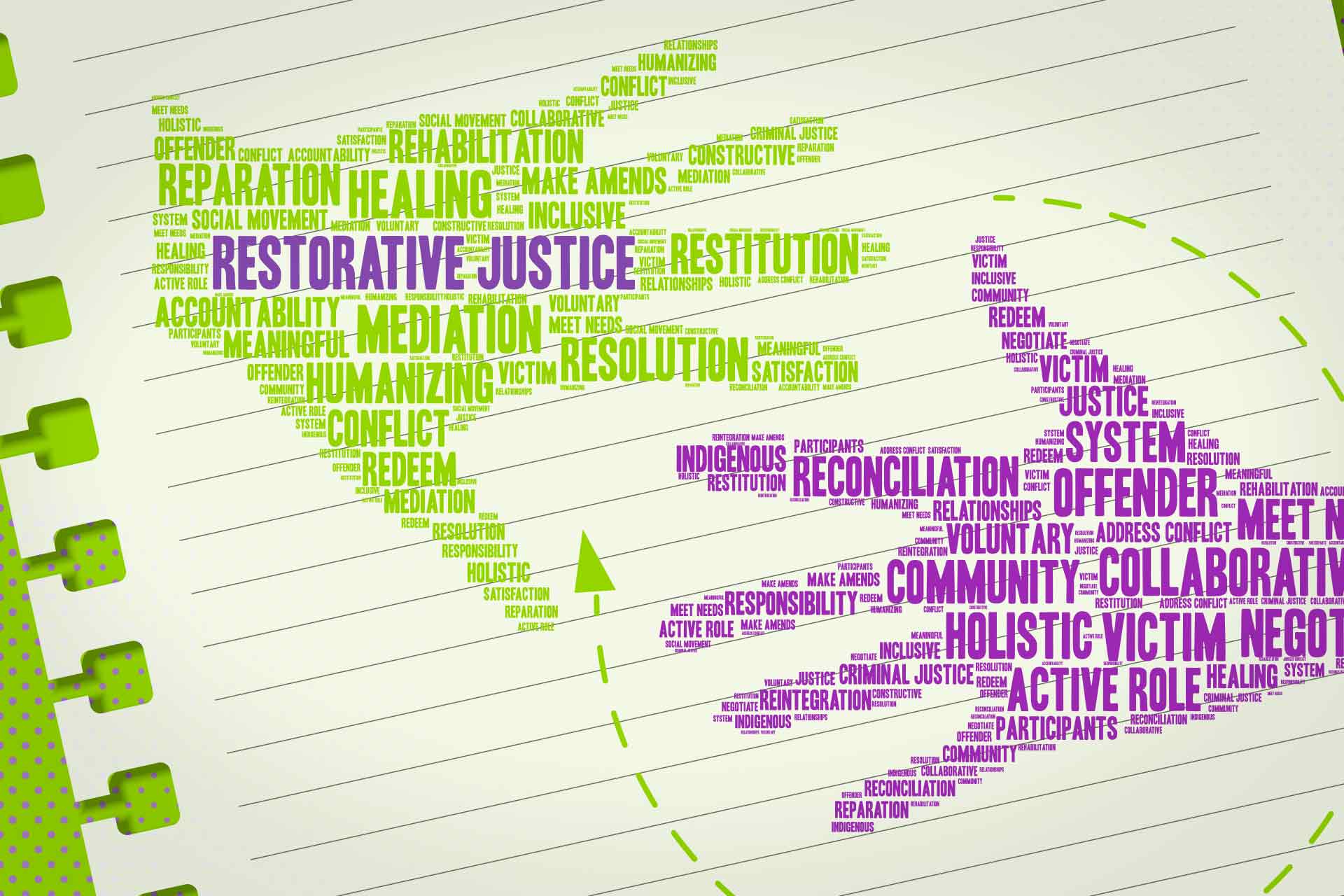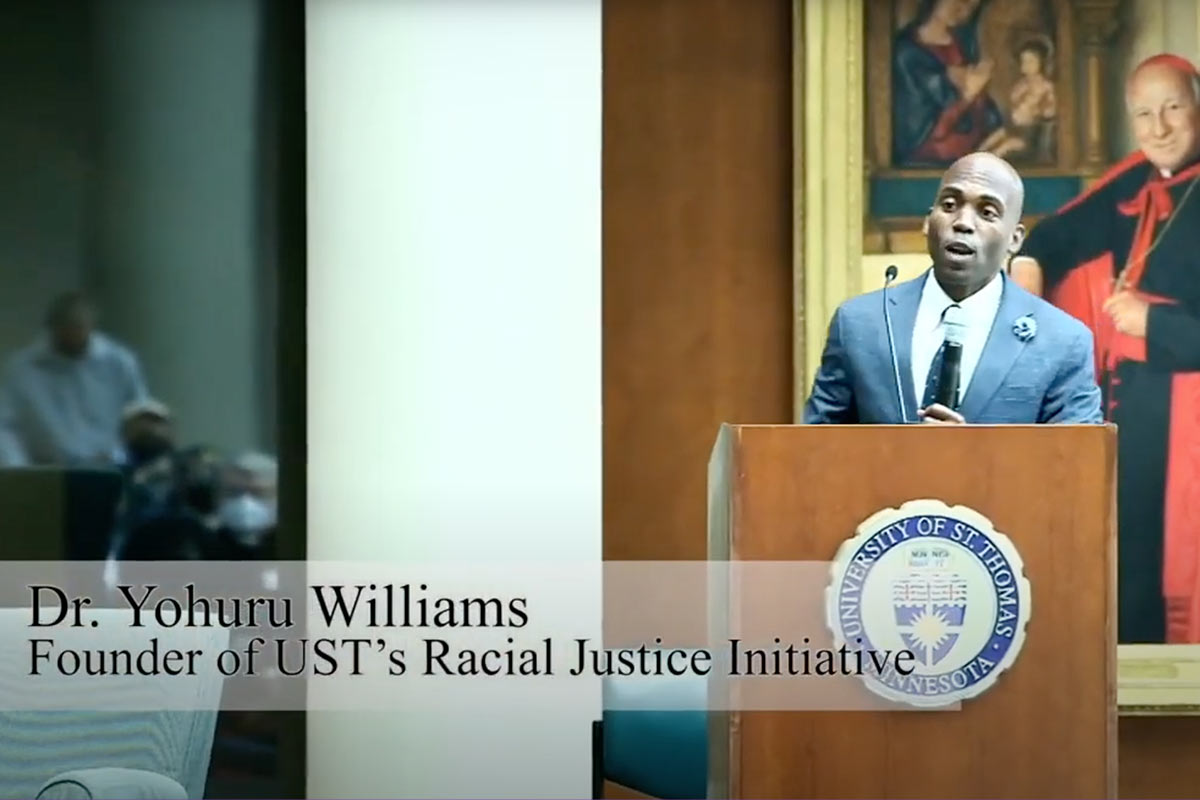Further Reading
Explore the subject areas below to learn more about restorative justice work and how it is being used in the community.
- Restorative Justice Heals at the Heart of Hurt
- Conference applies restorative justice principles to clerical abuse crisis
- Letter from Pope Francis to priests on the Feast of St. John Vianney
- Where do we go from here? Restorative Justice, a path to healing
- Can restorative justice help the church heal from sex abuse scandals?
- Ramsey County Attorney joins parishioners at restorative justice session
- Survivors, lay leaders help archdiocese hear victims, assist in healing
- At Holy Hour, archbishop say Church is holding out 'withered hand' to be healed
- From Condemnation to Conversion: Seeking restorative justice in the prison system

